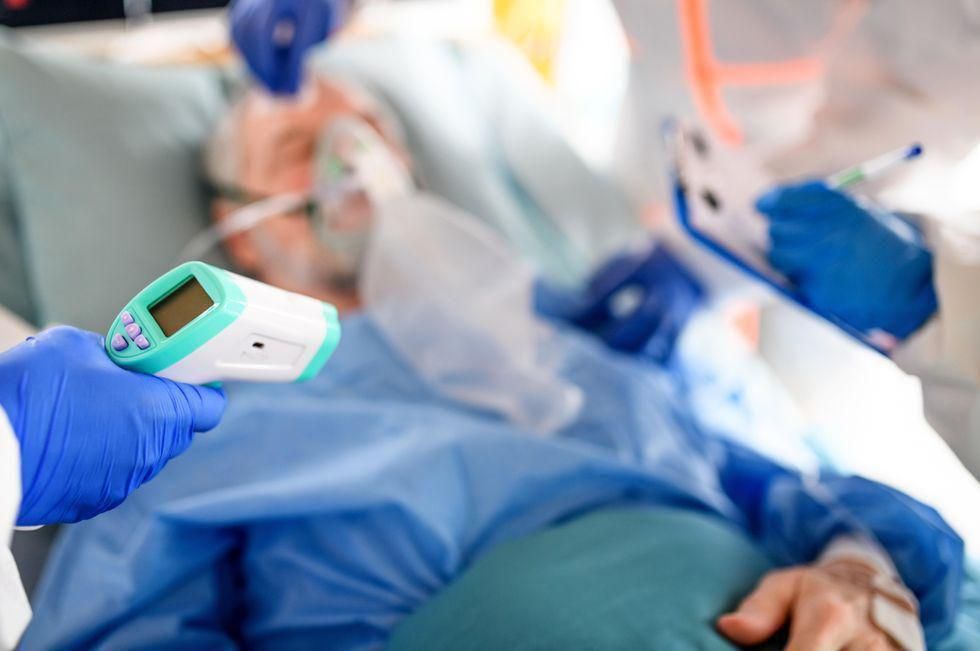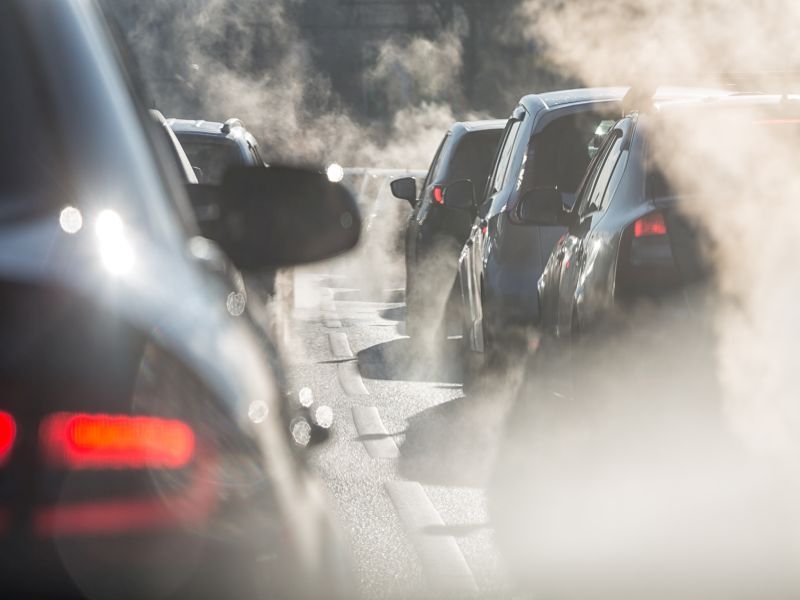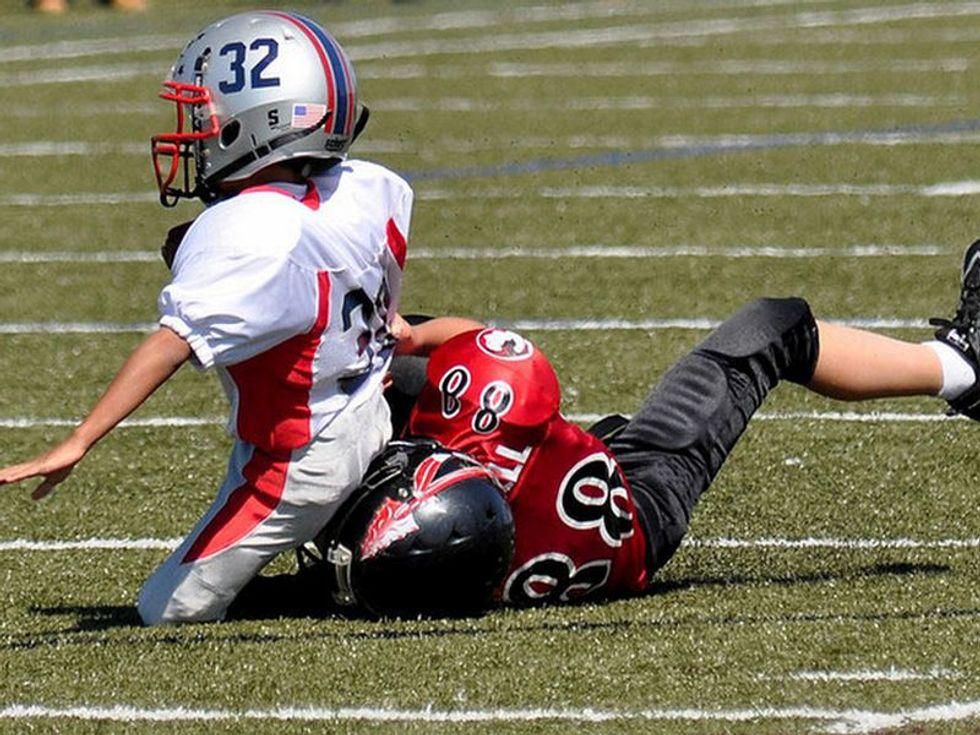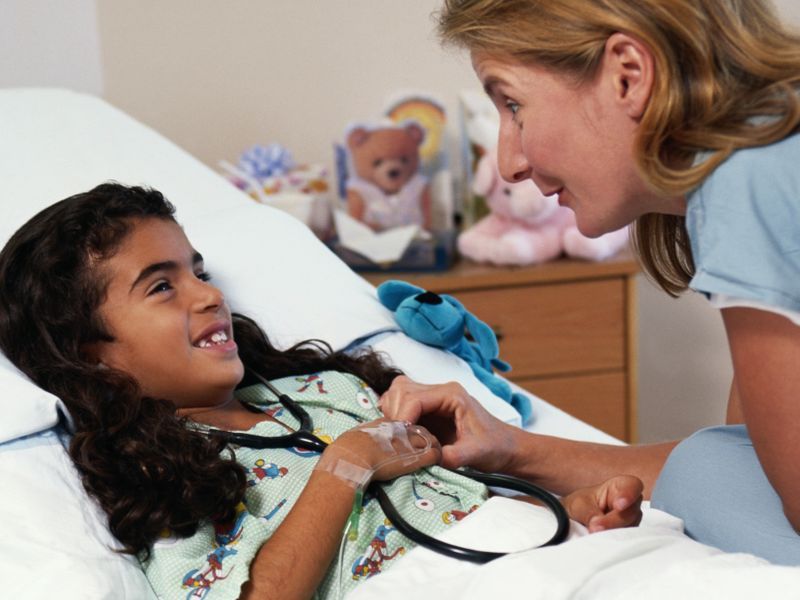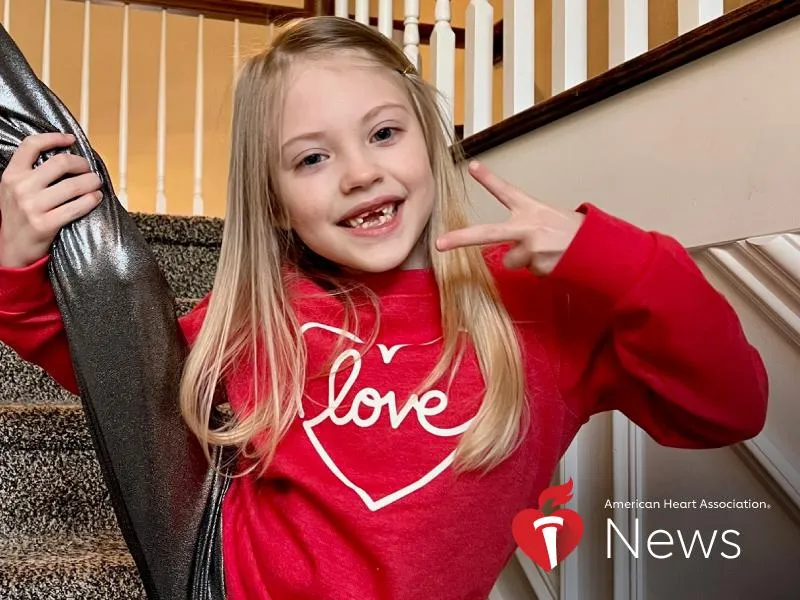
People who choose to skip sleep to study, work or play late into the night may find they’ve extended not just their waking hours but also their tummies. A small new study found that the basic problem sources back to the fact that people who don’t get enough sleep tend to eat more. Even worse,… read on > read on >












